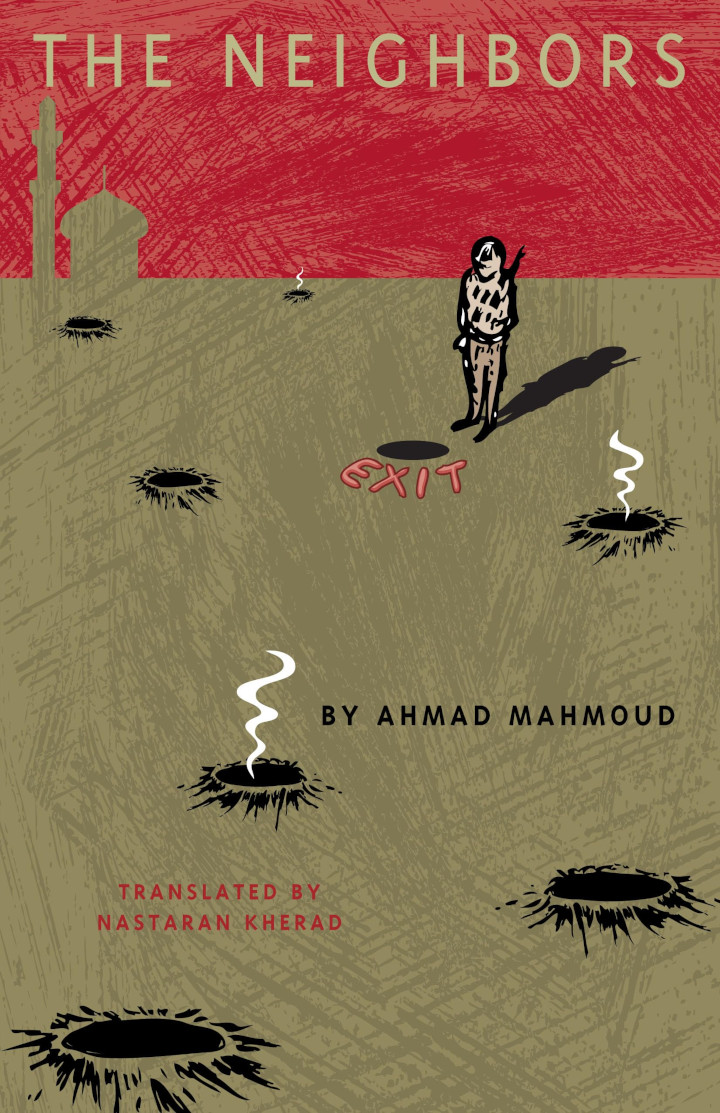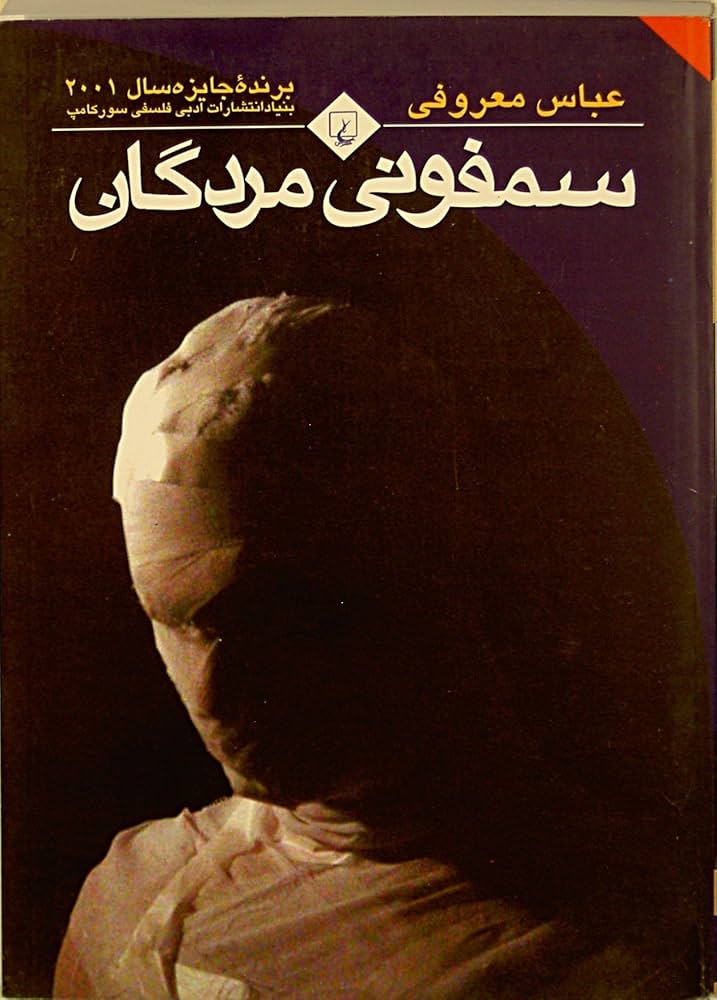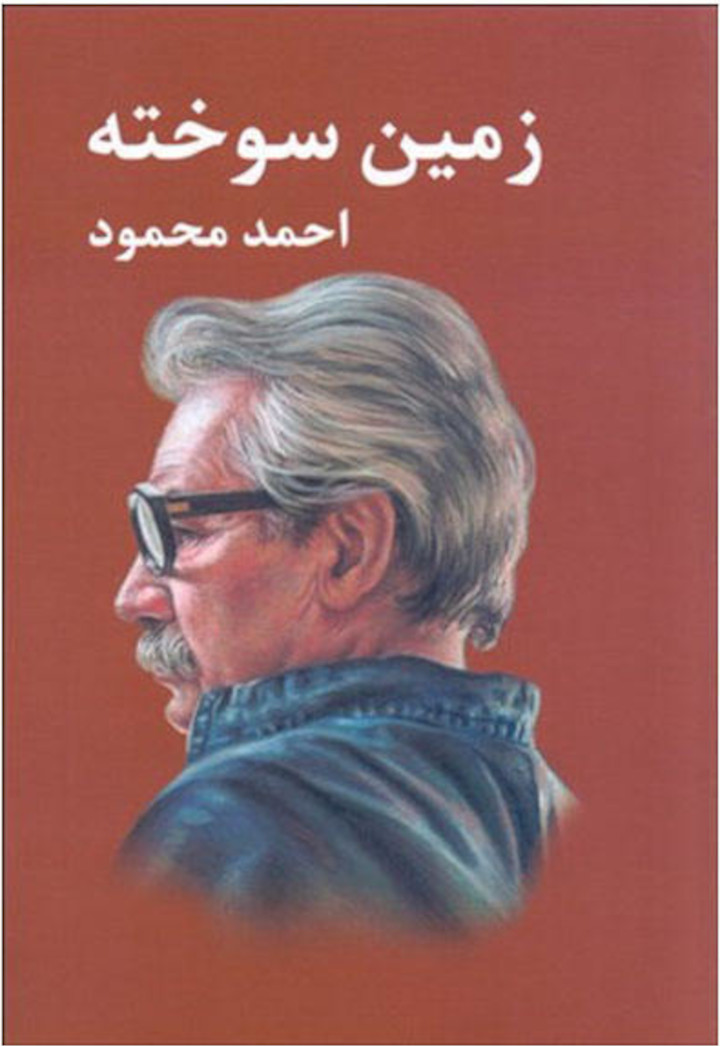The Neighbors

Author: Ahmad Mahmoud
Genre: Historical and political novel
Publication Year: 1974
The Neighbors by Ahmad Mahmoud is an influential novel in Persian literature, capturing the political tensions and social struggles of Iran in the early 1950s. Set against the backdrop of the oil nationalization movement and Prime Minister Mohammad Mossadegh's eventual overthrow, Mahmoud's story provides a powerful narrative about coming of age, political awakening, and social justice.
Genre
The Neighbors is a historical and political novel with elements of social realism. It explores themes of resistance, poverty, and the cost of political involvement, providing an in-depth look at the sociopolitical climate of mid-20th century Iran.
Description
The story follows Khaled, a young man living in the working-class neighborhoods of Ahvaz, as he navigates his adolescence in a turbulent period. From an early age, Khaled is exposed to poverty, oppression, and political injustices, which shape his worldview and gradually push him toward political activism. Inspired by leftist ideals and frustrated with the government’s treatment of the working class, Khaled’s journey becomes one of self-discovery and rebellion against the forces of oppression.
Ahmad Mahmoud captures the spirit of the era through vivid, detailed descriptions of the life of the poor in Iranian cities. The people Khaled encounters, from laborers to intellectuals, paint a broad picture of a society on the brink of change. The Neighbors is a story of personal growth, set within a narrative of political resistance, exploring how individual lives are shaped by larger historical forces.
Review
The Neighbors is a moving, powerful novel that stands as a testament to Ahmad Mahmoud’s mastery of social realism and his deep empathy for the struggles of Iran’s working class. Mahmoud brings to life the vivid, oppressive atmosphere of the poor neighborhoods of Ahvaz with evocative descriptions that highlight both the hardship and the resilience of its residents. His writing gives voice to the often overlooked stories of Iran’s marginalized communities, exposing readers to the physical and psychological toll of poverty and political repression.
Khaled’s character is one of the novel’s great strengths; he is both relatable and inspiring, an ordinary young man whose journey reflects the radicalization and disenchantment of an entire generation. Mahmoud’s portrayal of Khaled’s political awakening is both sensitive and realistic, showing his gradual transformation from a passive observer of his surroundings to an active, determined political participant. Khaled’s interactions with those around him, especially the older activists and intellectuals, give readers a glimpse into the diversity of Iran’s political movements at the time.
Ahmad Mahmoud's storytelling combines straightforward prose with emotionally charged scenes that highlight the personal impact of larger political events. He does not shy away from depicting the violence, fear, and sacrifice that come with political involvement. The novel’s unflinching portrayal of police brutality, poverty, and the struggles of activists brings a stark realism that can be difficult yet essential to read. Mahmoud also balances the novel’s intensity with moments of humanity and tenderness, making The Neighbors as much about the strength of family and friendship as it is about political struggle.
For readers interested in political literature, The Neighbors is a compelling narrative that offers insight into a pivotal moment in Iran’s history while exploring timeless themes of resistance and resilience. Ahmad Mahmoud’s ability to weave together the personal and the political creates a novel that resonates far beyond its specific historical setting, leaving readers with an appreciation for the courage and spirit of those who stand up for justice, no matter the personal cost.



